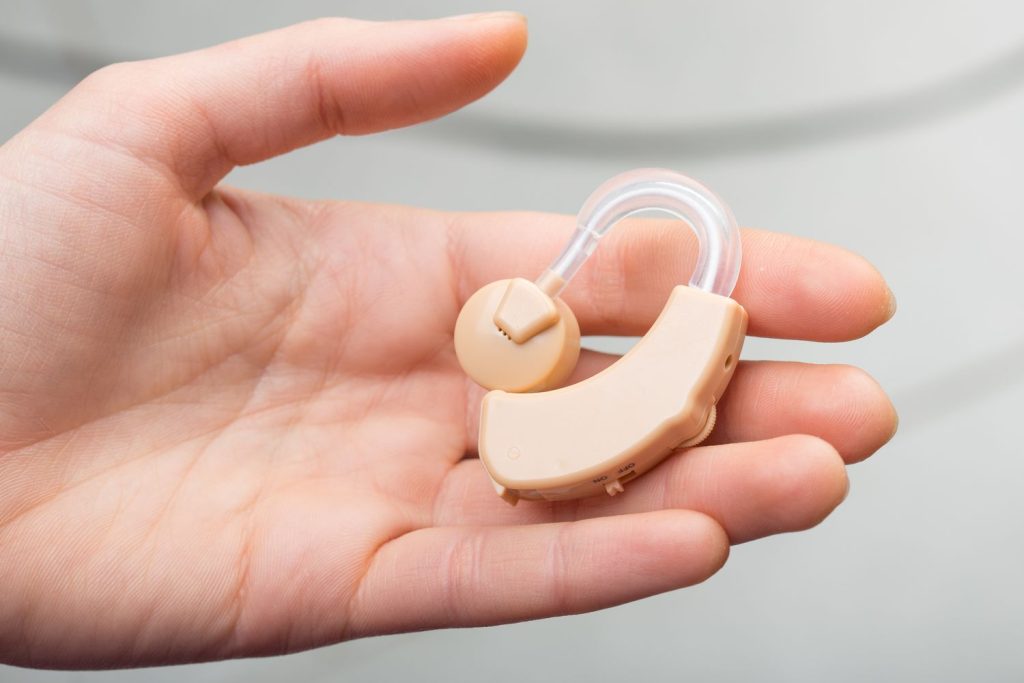Hearing loss is a common condition that can affect people of all ages, and its impact on quality of life can be significant if left untreated. Knowing when to seek help from a hearing aid provider is crucial for maintaining communication abilities and overall well-being. While each individual’s situation may vary, there are several signs and factors to consider when determining the right time to schedule a visit to a Hearing Aid Provider.
Difficulty Hearing Conversations: One of the most obvious signs that it’s time to visit a Hearing Aid Provider is when you begin experiencing difficulty understanding conversations, especially in noisy environments or when speaking with multiple people. If you find yourself frequently asking others to repeat themselves or struggling to follow along during group discussions, it may be indicative of hearing loss.
Increased Volume on Devices: If you frequently need to turn up the volume on your television, radio, or electronic devices to levels that others find uncomfortably loud, it could be a sign of hearing loss. Difficulty hearing at lower volumes may indicate the need for amplification through hearing aids.
Tinnitus: Tinnitus, or ringing in the ears, is a common symptom of hearing loss. If you experience persistent ringing, buzzing, or other noises in your ears, it’s essential to have your hearing evaluated by a professional. While tinnitus can have various causes, it often accompanies hearing loss and may benefit from treatment with hearing aids.

Social Withdrawal: Untreated hearing loss can lead to feelings of isolation and withdrawal from social activities. If you find yourself avoiding social gatherings or situations where communication is challenging due to difficulty hearing, it’s time to seek help. Addressing hearing loss with hearing aids can improve your ability to engage in conversations and reconnect with others.
Changes in Job Performance: For individuals in the workforce, hearing loss can impact job performance and communication with colleagues and clients. If you’ve noticed a decline in your ability to understand instructions, participate in meetings, or communicate effectively at work, it may be due to hearing loss. Visiting a hearing aid provider can help address these challenges and support your professional success.
Family History of Hearing Loss: If hearing loss runs in your family or if you have a history of exposure to loud noise, you may be at a higher risk of developing hearing loss yourself. Regular hearing screenings and proactive management can help identify any changes in your hearing and address them promptly.
Aging: Age-related hearing loss, known as presbycusis, is common among older adults and typically develops gradually over time. If you’re over the age of 60, it’s advisable to schedule regular hearing evaluations, even if you haven’t noticed any significant changes in your hearing abilities.


